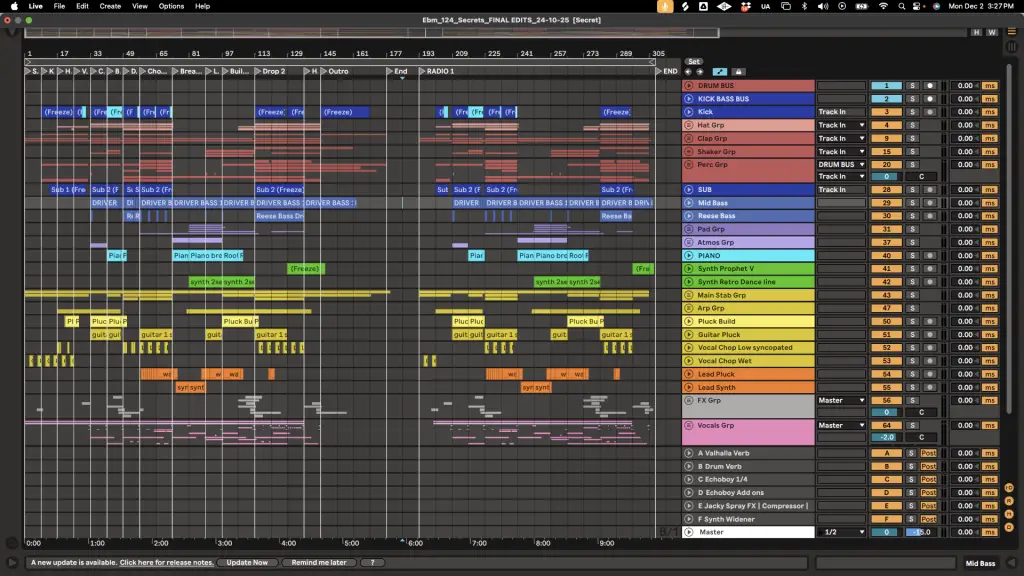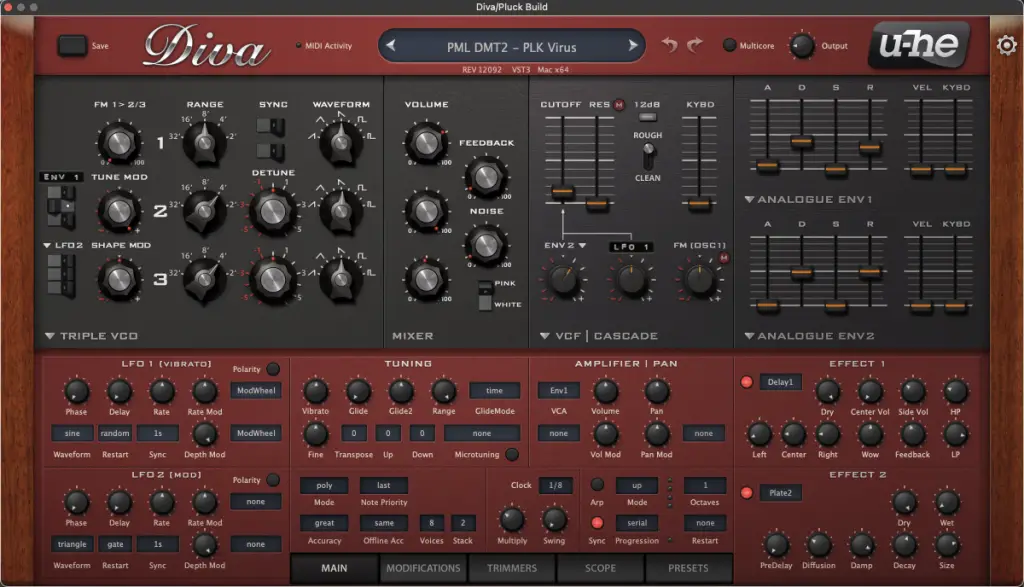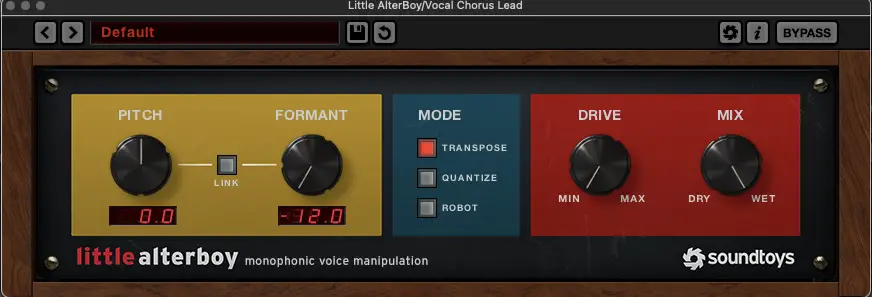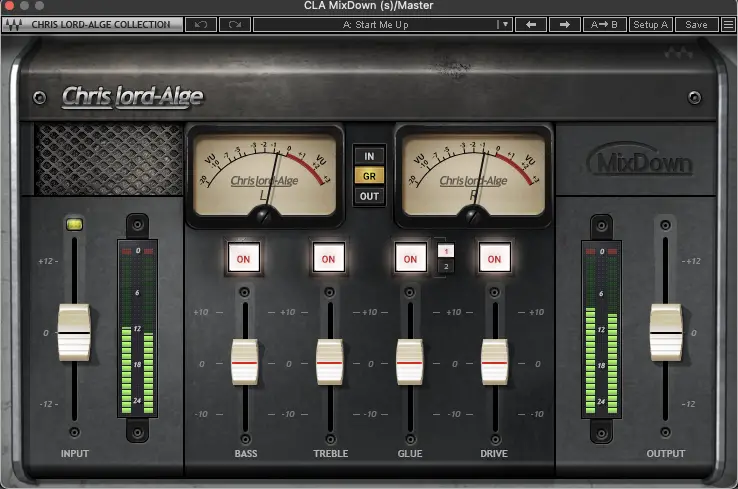Table of Contents
Mitch Oliver is back with Secret, a collaboration with Might Delete Later that feels like it’s built for both your headphones and the dancefloor. Out now on SLAPPED Records, the track kicks off with an eerie voicemail that instantly pulls you into its world. It’s moody, personal, and hits that sweet spot where melodic house meets raw emotion. Mitch’s production lays the groundwork with deep basslines and shimmering synths, while Might Delete Later adds a layer of vulnerability with her vocal storytelling. Together, they’ve turned a late-night message into something you can’t stop listening to.
If you’ve been following Mitch, this track is another reminder of why his name keeps popping up in all the right places. With over 2 million Spotify streams and releases on labels like Get Physical and Glasgow Underground, Mitch has been making moves from South America’s underground clubs to unforgettable sets like spinning in a hot air balloon. Secret continues that streak, showing his knack for blending atmosphere with groove while keeping things fresh. This time, he’s gone deeper with Might Delete Later, whose songwriting taps into the kind of unspoken emotions that stick with you long after the track ends.
The voicemail that opens Secret—a mystery caller confessing, “There are things I want to tell you, but I don’t know how”—sets the tone for the whole song. It’s haunting, sure, but it’s also strangely relatable. Mitch builds on that vibe with rich instrumentation, layering it with Might Delete Later’s voice to create something that feels as introspective as it is club-ready. Whether you’re drawn to the deep grooves or the late-night confessions, this track delivers on both.

Diva

Diva is one of the most reliable softsynths in the industry for electronic music producers. Some say it sounds the closest to actual analog gear. Fairly easy to use and understand, you get big sounds with only a few knob-twists.
I Started with a PML preset called “PLK Virus” From their Pack “Melodic Techno 2”. Directly inspired by the legendary analog synth “Virus TI”, this preset offered a rich sound from the get go. As you open the filter cutoff, you start to hear a crazy pitch shift envelope added on the already rich-wide-lush sound. I automated the filter cutoff throughout the track, revealing the complex tension the preset offers during the 2 main buildups.
I believe that Diva is a must-have for producers trying to make world-class electronic music. I’m comfortable saying that Diva offers just as much of a complete soundscape as my Prophet. A clever trick is to route your second envelope to many different effect knobs. That way, you can really come up with unconventional textures as you start opening your synth. Deep house (or whatever you wanna call this genre) is about letting the sounds tell their own stories in a comprehensive symbiotic ecosystem. Every sound in your project must communicate with one another. By using clever modulations, you’ll give life to your project file.
LITTLE ALTER BOY

LITTLE ALTER BOY by Soundtoys. It’s a pitch & formant shift plugin. It also comes with a sweet saturation knob.
I used the plugin on some vocal chops during the drop. Simply by turning the Formant knob down all the way to the minimum, I get a cool effect from it. It makes anything sound deeper. The voice chopped up then becomes a deep tonal percussion – add some reverb and echo, and you’re golden.
Little Alter Boy is one of those plugins that can generate ideas for you. I find it’s most effective with vocals, going through the presets will probably spark a few ideas. For deep music, you need deep sounds… that’s why I keep this plugin close to me when it comes to idea generation.
CLA MIXDOWN

CLA MIXDOWN by Waves is a mix bus plugin, often used before sending a track for mastering. It’s extremely simple to use, it’s cheap, and it sounds great.
This plug-in is a one-stop-shop for my master. I slap it on and that’s it. I don’t even choose a preset. If my mix is already well-balanced, it will simply glue the whole session together with compression, saturation, shelf EQing.
What you put on your master chain is so subjective. I believe a master chain is also ever-evolving. CLA Mixdown worked great for me last year. I don’t use it so often now, because I learned new techniques that fit my current sound better. The key is really to balance your mix before adding anything on your mix bus, otherwise the plugin will generate new problems.
Tips For Making Deep House
Tip #1: I actually think one of the best tips I can give to any music producer is to not try to make their music sound directly like one specific genre. Of course, each genre has its specificities but I believe the best music is one that can’t be put into a box. When I make a track and realize I have a hard time classifying it into a genre it usually means I made something special and that will stand out.
Tip #2: Another way to stay out is to use samples or synths that you wouldn’t normally think of using in that specific genre you’re targeting. I love using samples that were specifically designed for techno or indie music and then tweak them and make them “housier.” This gives an edge that can really make the track stand out.
Tip #3: This is gonna sound cliché, but it’s absolutely a must when making music: listen to your gut and your first instincts. If you are feeling good about a certain musical idea or track arrangement, then follow your heart and pursue that idea into a full song and finish it, even if you don’t think you have a banger. To get better, you need to master each step of the creation process which goes from overcoming blank page syndrome to fine-tuning the nitty gritty details of wrapping it up.
Tip #4: Focus on mastering your tools before looking for new ones. The amount of times I heard a music producer telling me that he or she can’t make good music because they don’t have such & such synth or plugin really hits me. What matters is knowing the ones you have and being courageous to break out of your shell and listen to your gut. Some of the most acclaimed electronic music was made in the box with a limited amount of gear. Less is more is truly my motto here. The simpler the track, the better, easier to digest and also easier to mixdown. 🙂
The post How It Was Made: Mitch Oliver, Might Delete Later – Secret (SLAPPED) appeared first on Magnetic Magazine.



